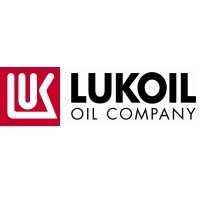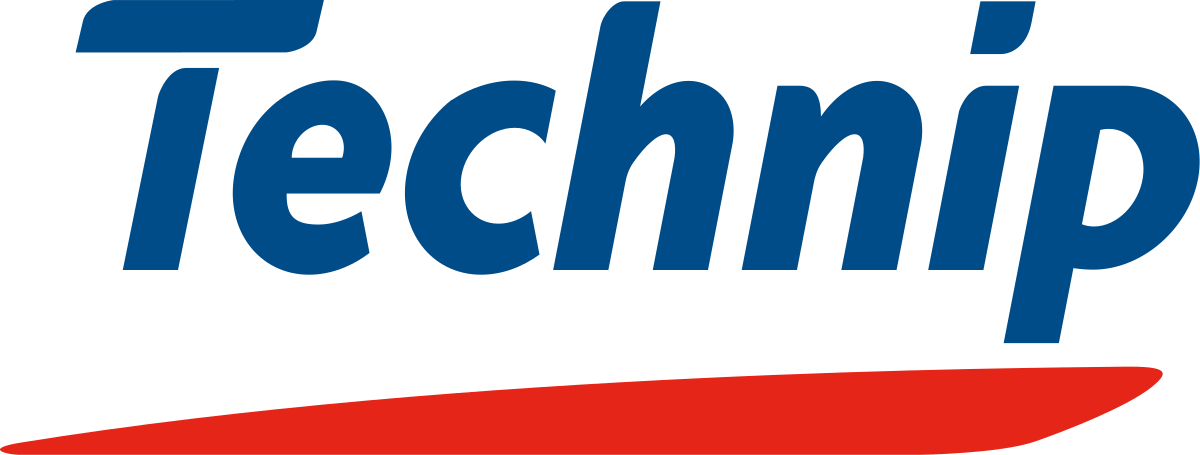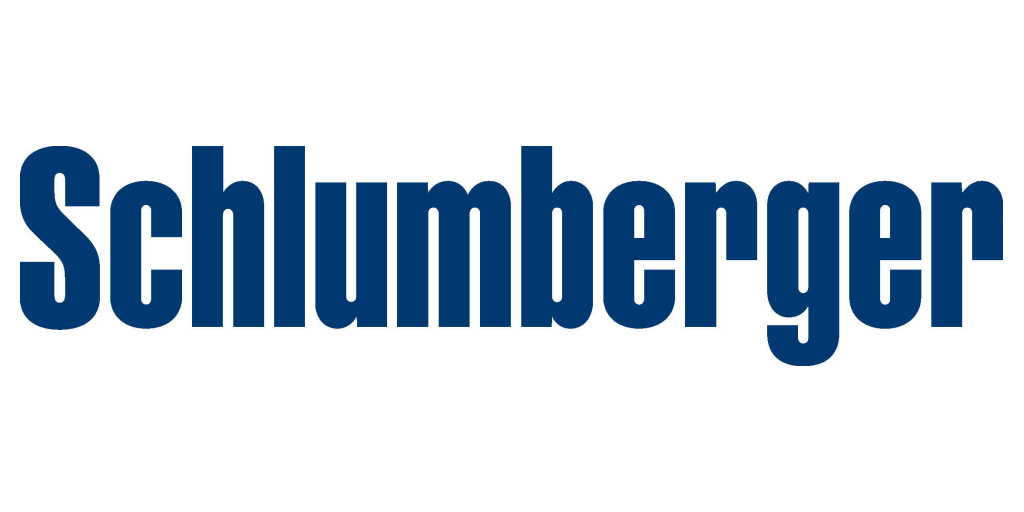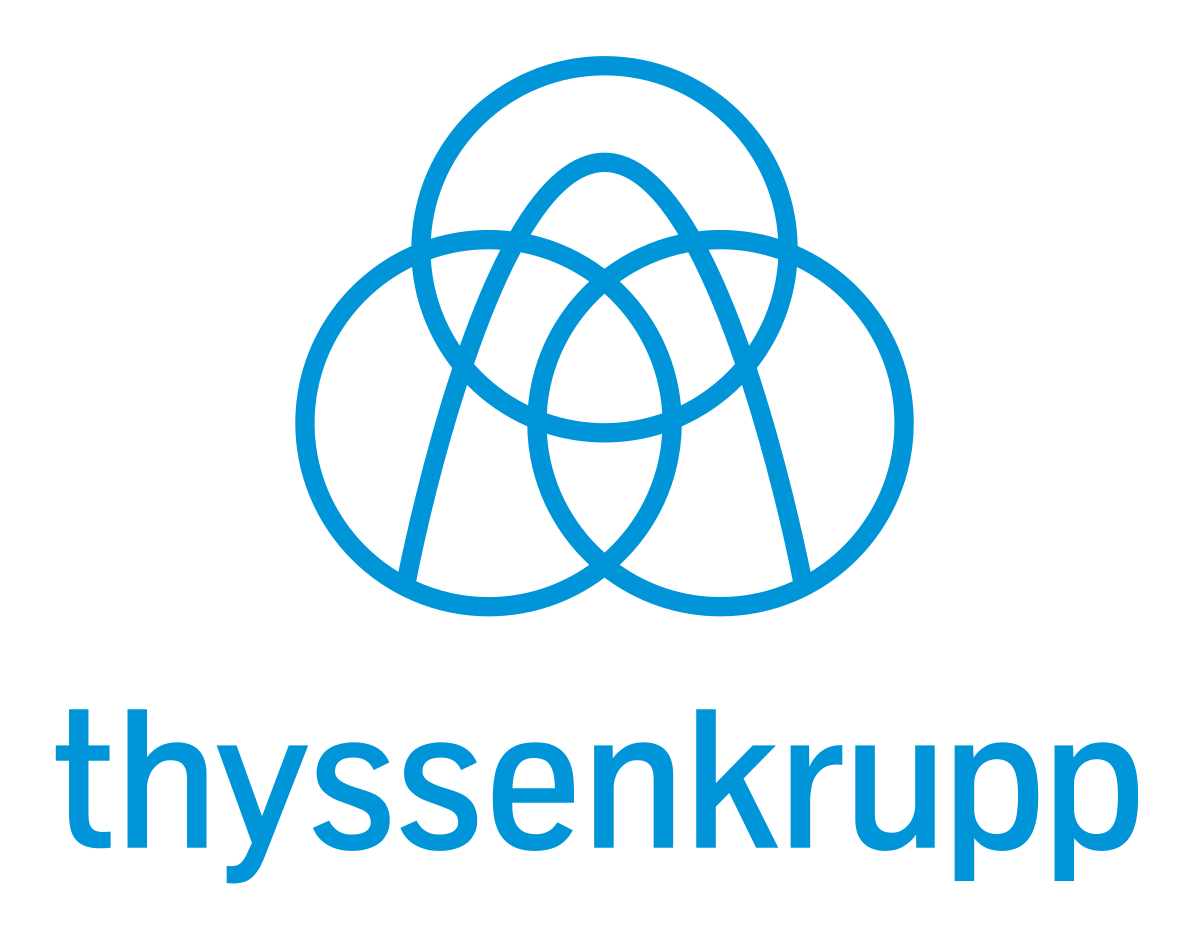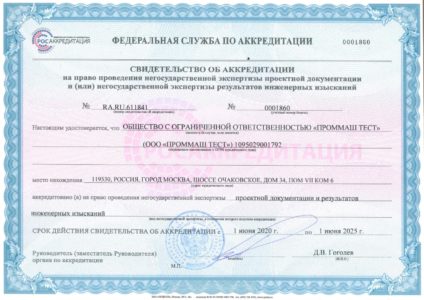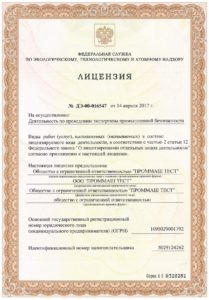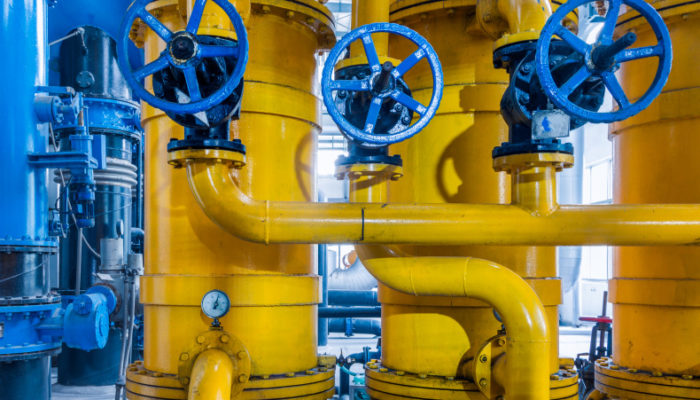
Technical devices, which must withstand high pressure, due to their specifics are allocated to a separate group. The requirements for them are generally set out in Chapter IV of TR CU 032/2013 and more detailed in Annex № 2.
What regulates TR CU 032/2013
Subject to the technical regulation are:
- vessels for gases (including liquefied and dissolved under pressure) and vapors;
- vessels for liquids with certain technical characteristics;
- boilers and vessels for heating steam and water with certain specifications;
- pipelines for transportation of liquids, gases and vapors;
- parts of equipment and components for it, designed for a certain pressure;
- fittings of a certain diameter;
- hyperbaric chambers (except for single-seat medical chambers);
- instrumentation (if it is not measuring instruments);
- elements of safety systems.
However, there are products that are not covered by technical regulations. Exceptions are listed in paragraph 3 of Chapter 1. In particular, this equipment is used on floating devices, underwater objects or has a defense purpose. If necessary, our experts will help you to find out which technical regulations apply to your product.
All equipment must be accompanied by technical documentation. First and foremost, this is the data sheet, which must be developed by the manufacturer and on the basis of which the equipment can be identified in the future.
The equipment is identified by the following parameters:
- the group of working media for which the technical device is intended;
- design working pressure and temperature;
- capacity (for tanks)
- diameter (for pipelines and valves).
How compliance with
TR CU 032/2013 provides for both certification and declaration.
According to their specifications, equipment is divided into four hazard categories. These categories and technical devices that fall into them can be found in Annex 1 to TR CU 032/2013.
1, 2 category – declaration
3, 4 category – certification
If the equipment has a different size range falling under several categories, it is subject to declaration and certification at the same time.
Certificate ТR CU 032/2013
The period for which you can issue a document depends on the chosen certification scheme. If it is 1c (for a series), 3c (for a batch) or 4c (a single product), the certificate is issued for 5 years.
If we are talking about equipment that is only planned to be put into batch and mass production or for which modifications are planned, it is certified under scheme 7c. The certificate is valid for the entire operating life of the equipment.
Stages of certification
- A certification expert and project manager will explain the procedure in detail.
- You will be sent an exact list of documents that need to be collected in your particular case (including the documents required for the production evaluation, if it is part of the certification scheme).
- The expert will select samples of the goods and organize their testing in an accredited laboratory.
- If serial products are being certified, the expert will check their production. It is necessary to make sure that the manufacturer has the necessary conditions to ensure the compliance of manufactured products with the requirements of technical regulations.
- If the results of tests and production verification are positive, the certification body will draw up and issue a certificate.
- If the certificate is issued for a serial product, it will be subject to inspection at specified intervals during its validity. It is necessary to make sure that the manufactured products still meet the requirements, compliance with which was confirmed by the certification.
We can help you with the declaration!
The declaration of series production equipment is accepted for a maximum period of 5 years. There is no period of validity for the batch (single product) declaration.
Register a declaration of conformity TR CU 032/2011 can only the applicant. But we are ready to help you to conduct the procedure according to all the rules:
- provide a list of documents that need to be collected, taking into account the conditions of your application;
- help to fill in the declaration;
- explain where and how to get an EDS, which is required for registration of the declaration in the registry;
- check all documents;
- upload the draft declaration with the attached documents to the IGIS registry (you will only need to sign it with your EDS).
If you, as a foreign company, do not have an official representative on the territory of the EEU, we are ready to carry out the conformity assessment procedure on our behalf.
We will coordinate the layout of the product authorization document with you in advance in order to avoid possible errors in it.
The service is provided on the basis of a contract for the function of a foreign manufacturer in terms of ensuring compliance of the supplied products with the requirements of the technical regulations of the Customs Union and in terms of liability for non-compliance of the supplied products with the requirements of the technical regulations of the Customs Union.








